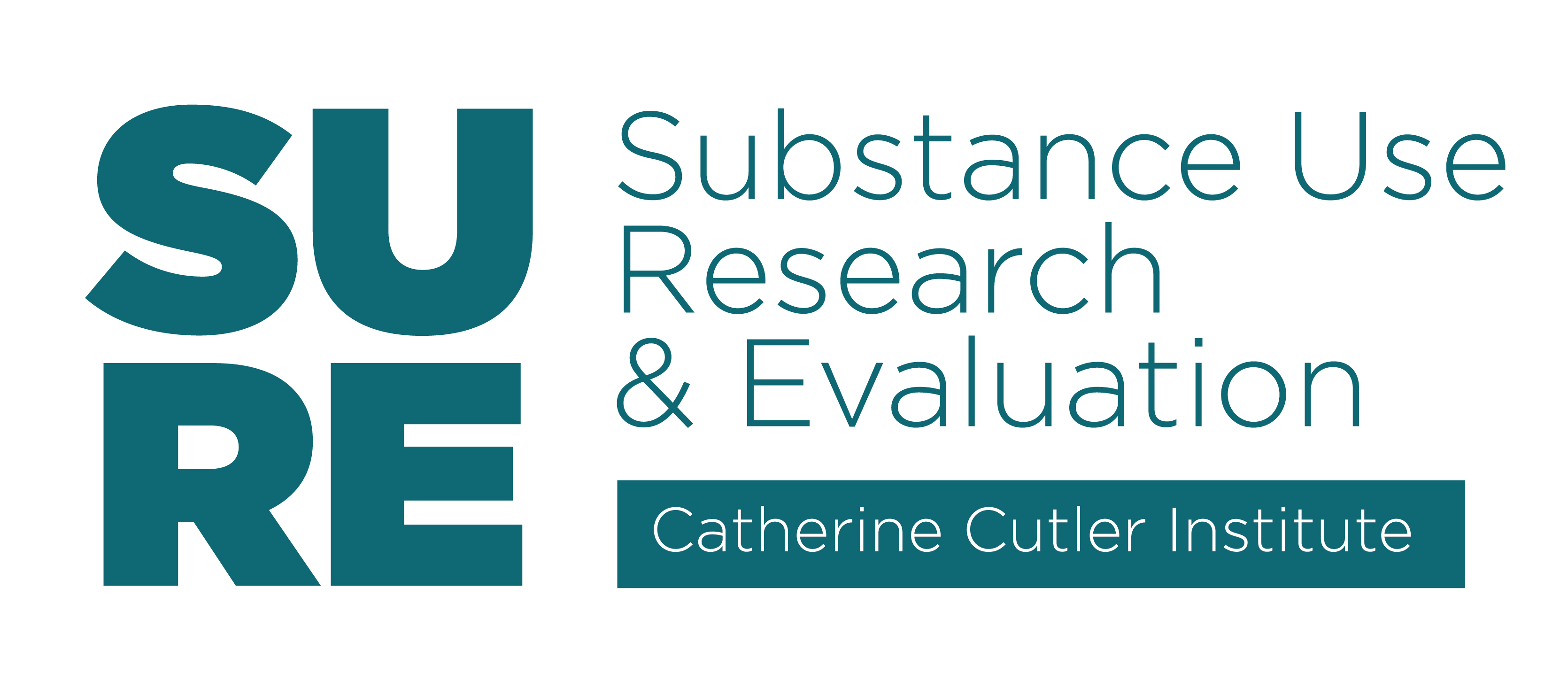HOUSE: Homeless Opioid User Service Engagement Program. Year 1 Report
The Greater Portland Health and Preble Street HOUSE Year One Program Evaluation Report was developed for the Maine Department of Health and Human Services: Office of Behavioral Health.
Abstract
Homelessness and lack of stable housing is often a barrier to achieving stability for individuals who are experiencing homelessness (IWAEH) with an OUD. In order to meet the complex needs of IWAEH with OUD, the Department of Health and Human Services funded a pilot program in 2021, the Homeless Opioid Users Service Engagement (HOUSE) Program; clinicians at Greater Portland Health provide clients with low-barrier Medication Assisted Treatment (MAT), while staff at Preble Street provide casework support and rapid housing assistance to individuals who have been identified as being at high risk of overdose, are experiencing homelessness, and are diagnosed with an OUD. The services resulting from this pilot are intended to provide comprehensive treatment, case management, housing services and peer support in an effort to support long-term recovery and reduced opioid related morbidity and mortality among IWAEH with OUD. The primary goals of the HOUSE Program evaluation are to: (1) document implementation strategies and identify barriers and facilitators to implementation; (2) evaluate the efficacy of the intervention strategies at increasing access to prevention, treatment and recovery supports for IWAEH with OUD; (3) examine the impact of housing liaison services and Assistance Funds on housing stability among IWAEH with OUD; (4) assess the cost effectiveness and return on investment of the intervention strategies and (5) examine the impact of the intervention strategies on participant engagement and outcomes. Early learnings from the mixed methods approach indicate that the first year of the initiative demonstrate that while there remain challenges to engaging this population, the use of evidence-based treatments in combination with intensive case management and peer supports can be an effective way to maintain stabilize patients and address both their medical and housing needs.
FMI: M. Lindsey Smith, PhD, m.lindsey.smith@maine.edu






